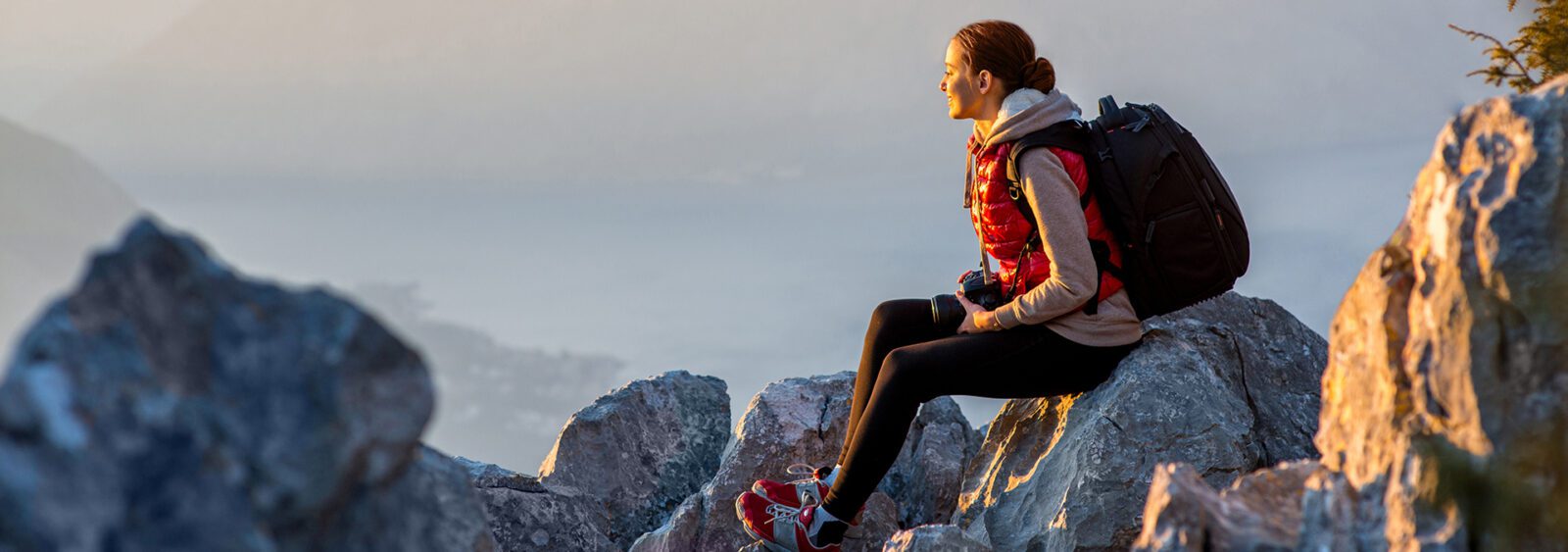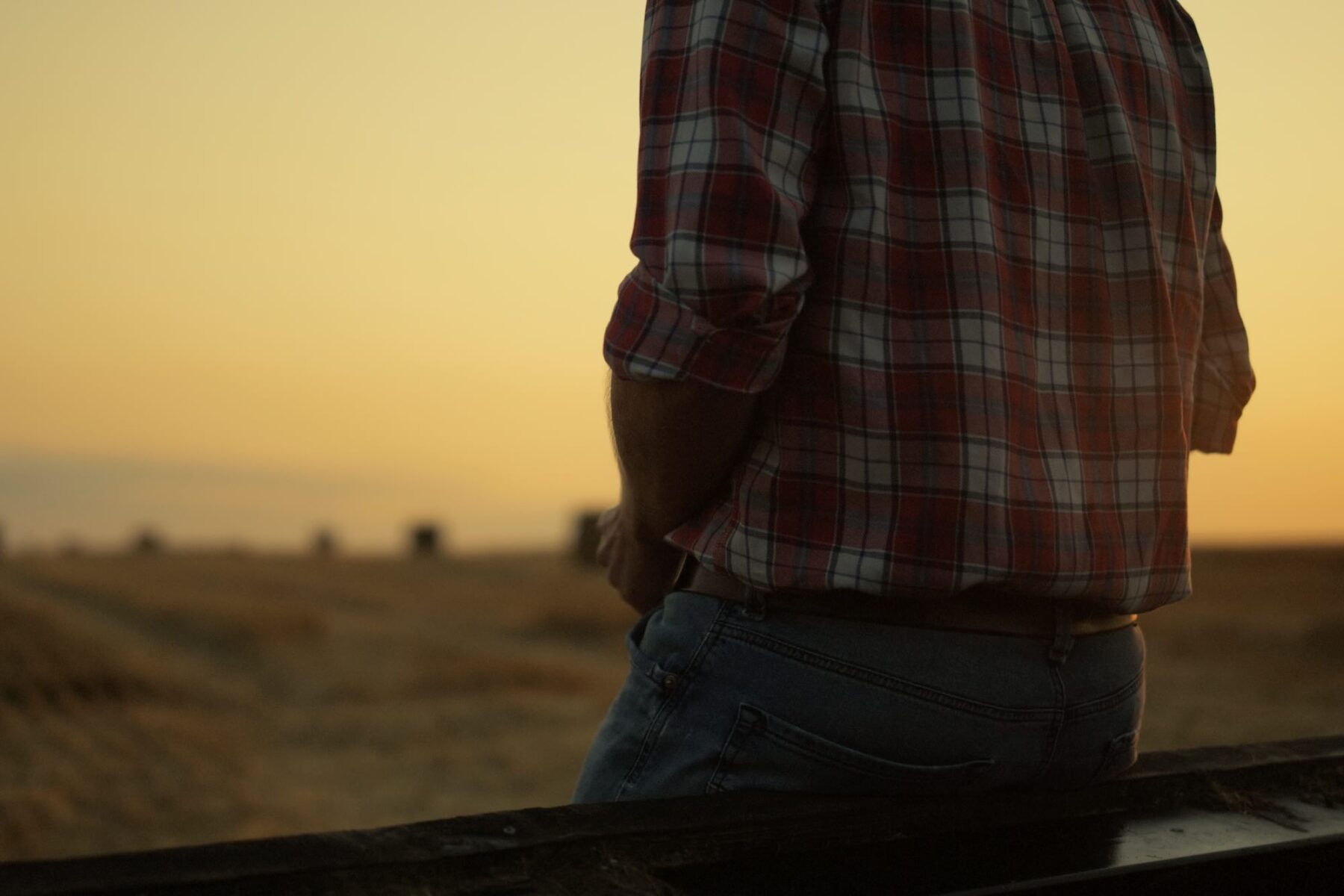As a former wilderness therapy guide, I have seen firsthand the power of the wilderness to transform and empower clients and families.
I often marveled at the transformation of students from the day that they enter the wilderness, guarded and hurting, to the strong, sun-kissed and beaming people who graduated with a light in their eyes.
We watched these students pile into cars and drive off into the rest of their lives – hopeful for their futures and the gifts they would bring to the world.
While it is truly amazing what these young people and their families accomplish while in the special moment of time that is wilderness, we also know both anecdotally and through the evidence that this is only the beginning of the journey.
These families have done the grueling work of “climbing the mountain,” and at graduation, they are able to look out and survey all that they have accomplished.
They can see the territory more clearly from this hard-earned vantage point so that even when they are no longer at the top of the mountain, they will hold this vista in their hearts and memories and it will sustain them during difficult times.
But no one can stay on top of a mountain forever, and so it is with some sadness and also great hope that families begin their descent back to the proverbial village to share what they have learned and integrate this new wisdom into the world of cell phones, deadlines, and peers who don’t understand what is meant by “busting a fire.”
Families who receive support through this process of “coming down the mountain,” or, in less poetic terms, transitioning out of wilderness therapy, have consistently been shown to have better outcomes than those who expect that they can go it alone and return to business as usual.
This support is often called “aftercare.” However, aftercare can look very different depending on the needs of an individual and their family, and may range from long-term residential placement to therapeutic boarding school to going to college and seeing an individual therapist.
Many families balk at the idea of continued residential placement – they see the high cost of continued placement and also worry that their loved one is not ultimately learning to integrate back into their community and practice their newfound skills in “the real world.”
For families like this, an Intensive Outpatient (IOP) program in their community may be exactly what they need. Intensive Outpatient programs provide a high level of structure, accountability, and community, but allow participants to live at home or independently (in the case of young adults).
Participants have the opportunity to practice the skills that they have learned, deal with the challenges and temptations of living in the community, but have a high degree of support in doing so. A program like this can provide a bridge between the high structure of wilderness and a less structured home environment.
Families have the chance to test out new skills, boundaries, and ways of interacting but are supported by a team that can catch them if they stumble.
A good intensive outpatient program will have family involvement as a cornerstone of its program and will help teens and young adults build a healthy peer community, as well as connect them to local resources.
The best of these programs understand wilderness, honor participants’ experiences, and support them in integrating what they have learned into their life at home.
As part of the team at Sandstone Care in Denver, Colorado, I have had the pleasure of working with many families that are transitioning out of the wilderness.
While inevitably there are bumps in the road, I love seeing the sense of empowerment that families get when they realize that they can thrive not only on top of the mountain but also in the lowlands – it is getting through the mundane challenges of daily life together that gives families and individuals confidence in their strength and abilities.
For more information about Sandstone Care programming, please contact us.






